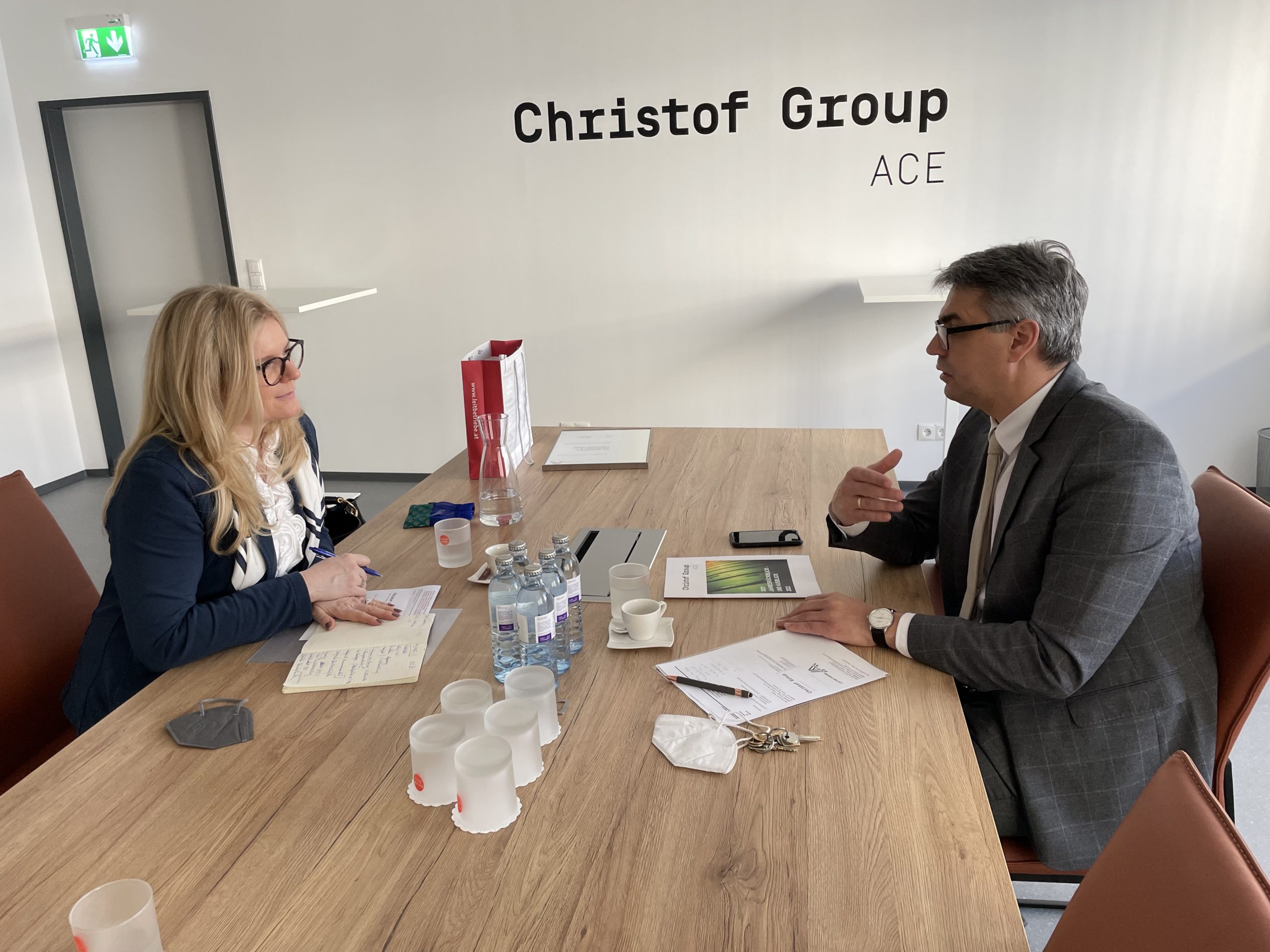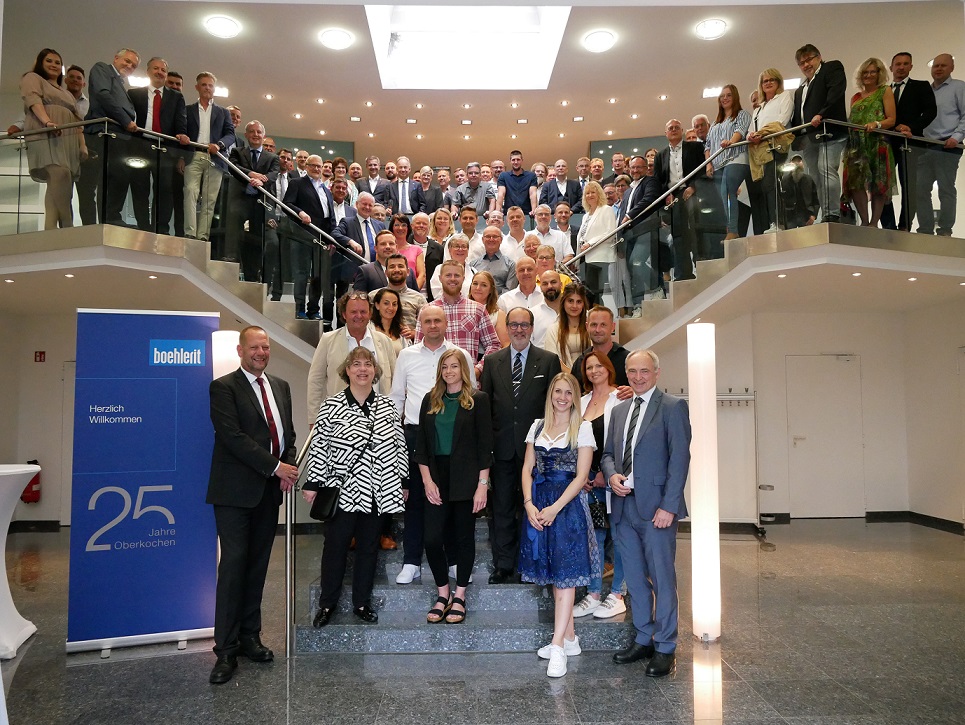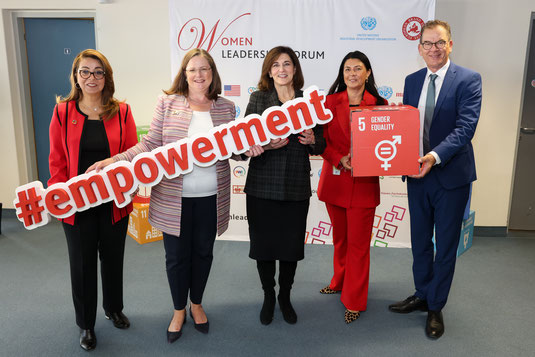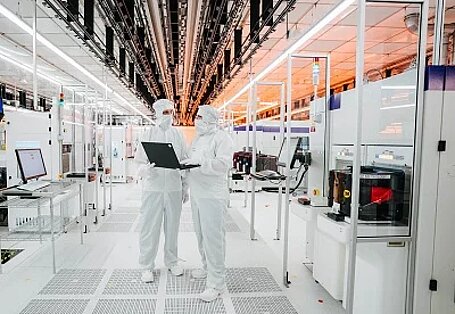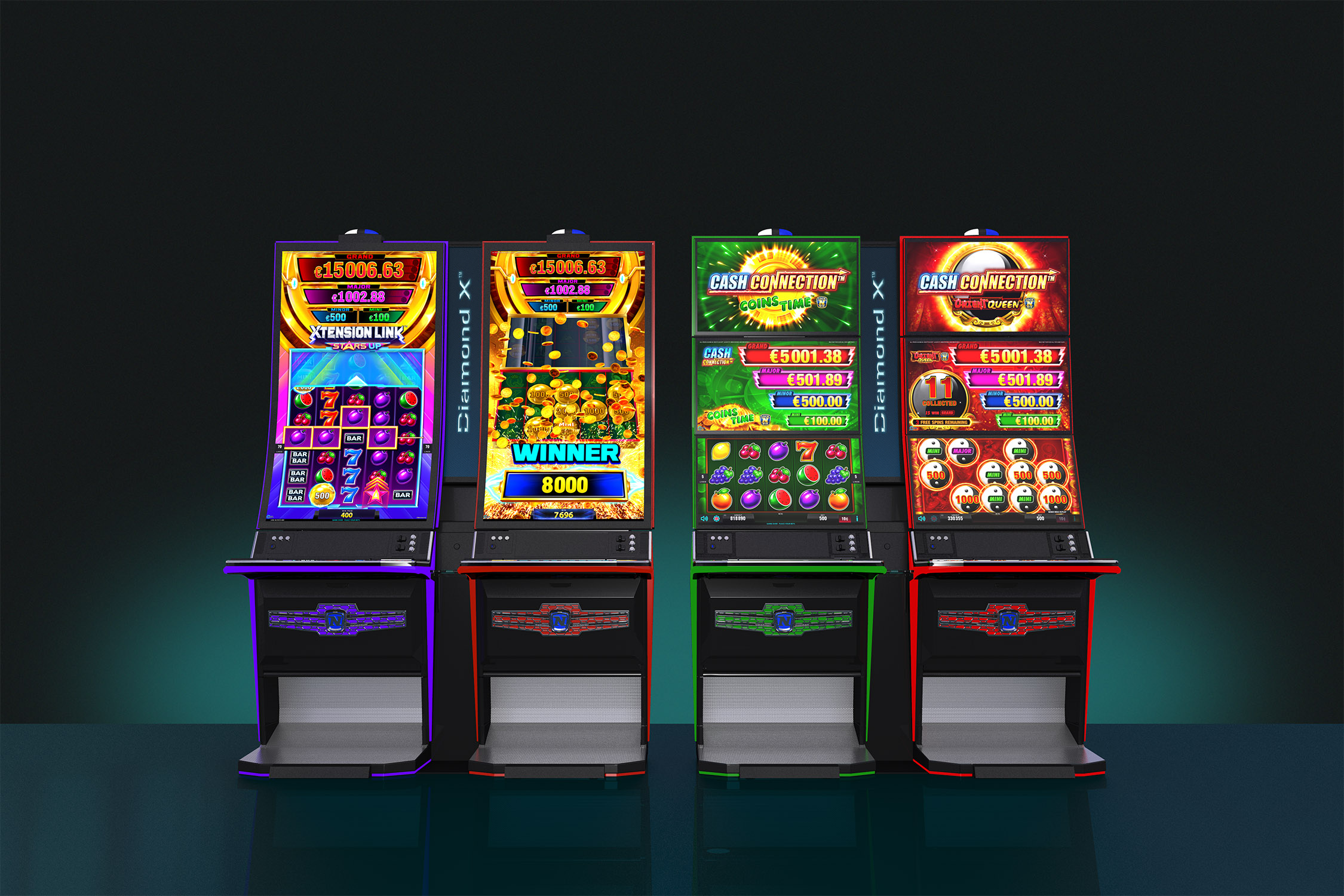Markus Fuchsbichler, Managing Director of ace Apparatebau, in conversation with Leitbetriebe Austria Managing Director Monica Rintersbacher, about the initiatives for keeping employees in the company for a long time and the effects of Corona on the internationally established company.
Monica Rintersbacher: Mr Fuchsbichler, thank you for having us as your guests today at ace Apparatebau construction & engineering GmbH. Could you please briefly introduce the company?
Markus Fuchsbichler: I’d be glad to. Thank you too for visiting our factory in Lieboch. ace Apparatebau is part of the Christof Group and we deal with the construction of critical process equipment, such as pressure equipment, heat exchangers and reactors for various industries. In the past we built devices according to customer specifications, and now we design and calculate parts for our customers in-house. Our vision is to subsequently offer solutions to clients. Our clients come to us with problems and we find solutions. This requires the continuous expansion of our expertise. We therefore need employees who can support our mission. Many areas require further development: Engineering, welding technology and the entire underlying process chain; there is also sometimes a need for extended suppliers or cooperation with partners. The purchasing department also has to be active in this respect. We offer a wide and varied range of tasks.
Monica Rintersbacher: A company like yours has to think about increasing numbers of employees …
Markus Fuchsbichler: It is a huge challenge to find good employees, especially at the moment. In the course of the crisis, many large companies made staff cuts and some of them no longer return. Some of them have migrated, for example back to their home countries. We have developed into a sustainable company over many years, and we therefore still manage to find good employees.
Monica Rintersbacher: What prospects do employees have with you?
Markus Fuchsbichler: We have detailed conversations with everyone before they come to us and we present our company in great detail. We value personal things too. We give birthday gifts and we offer flexible working hours. We have a very complex bonus scheme that is available to competent employees. And we offer many perks, such as a health day, precisely because long-term cooperation is important to us. We don’t want to be a stopover. We are active in a very specific sector, i.e. new employees who start with us must receive very diverse training. We have to invest a lot in the initial phase for these employees. Independence usually emerges after two or three years, so it is important for us that these people stay in our company for longer. We communicate this too and lots of employees stay with us for many years. It is always a pleasure for me to honour long-service award-winners during the Christmas celebrations.
Monica Rintersbacher: What role does socio-cultural responsibility play in your company?
Markus Fuchsbichler: Of course, it’s important. Employees want to understand the contribution that we are making to society as a company. One of our core activities is the manufacture of reactors for the production of various plastics. Plastic production has a poor image at the moment, but we have evolved and we now also produce devices for bio-based plastics. This is particularly important for the next generation. Employees also want to be more intensively involved in all issues. We have an open error culture. We discuss our mistakes and we want to learn from them. A lot has changed over the past 20 years. Many things were hidden in the past and now people talk about mistakes. I believe that this is very important, also for the path we have taken: Our vision is to become a solution provider and gain new segments. We certainly made mistakes in the beginning, and it was therefore important for us to learn from them and to better cope with the new issues and challenges. Flexibility is obviously limited when it comes to shift work. We conduct employee surveys every two or three years and we receive a lot of positive feedback, for example from production. Employees in production have told us how varied their tasks are. We produce quasi individual pieces and there are always other tasks and challenges. It is motivating for us to hear that people can learn a lot and develop further with us. Of course, there are also negative factors – especially in production – such as noise and dirt, but we are always looking for solutions to improve the work environment.
Monica Rintersbacher: You have employees in production and administration. Do you deal with them differently?
Markus Fuchsbichler: Needless to say, things can be a lot more flexible in the office than in production. There is still shift work in production and working from home is not possible, unfortunately there is no other way. However, employees rarely take a critical view of this. They have either their mornings or afternoons free. In any case, we always try to find the best solutions for everyone.
Monica Rintersbacher: Do your administrative employees prefer to work in the office or from home?
Markus Fuchsbichler: Employees perceive this very differently. Some can’t get along with working from home. They don‘t want to work from home. A lot of women work for us on a part time basis and prefer to spend their working hours in the company even though working from home would be possible, because they prefer the social contact. I see this as a very positive thing: The majority of our employees want to work in the office because they can see their colleagues and they want to maintain cohesion. I think it’s important that employees spend some time in the company because it allows a completely different connection to the company than purely virtual communication with colleagues. It was difficult for me as a Managing Director in the times when you were forced to send people to work from home, because you still have to motivate people and ensure that they do not lose touch with the company.
Monica Rintersbacher: How do you want to shape work in your company in the future?
Markus Fuchsbichler: We will have to make sure that it remains fair for everyone. I think that individual solutions will be found depending on the position and task in the company and these must be understandable for all parties involved. We have an open communication culture in our company: We try to comprehensively communicate key issues and allow for discussions. There will certainly be a lot of changes in the future, for example no longer getting on a plane for a meeting – this is now done digitally. I see this as a win. We have lots of clients and orders in China. Our export share to China is more than 50 percent. It has been difficult to travel to China since the start of the pandemic. You would first have to quarantine for three weeks. It has therefore become more difficult to maintain client loyalty. People in China have certain customs. So you have extensive dinners where people also like to toast the deal they want to close. This is a sign of appreciation – and now we can’t be on site and have to talk online. Thank God we have not lost any orders, but it has become more difficult to obtain orders. I think that there will be generally less travel for business in the future, only if it is actually necessary and sensible.
Monica Rintersbacher: Let’s talk about the search for suitable employees again. How do you find them and what previous education must they have had?
Markus Fuchsbichler: We recruit a lot of new employees from higher vocational schools such as polytechnics or technical colleges. We often find suitable new employees there because they have practical experience: They have experience turning, welding and measuring. They already have experience in machining and in the foundry, so they have learned the basic techniques. If someone then subsequently designs something in our company, then this person knows what difficulties there can be in production. I started in the area of engineering myself. There was always something to learn: For example, if drawings did not fit, then you could discuss the problem directly on site. The advantage here is: You can see, understand and remember the problem. Many engineers sit in their offices and send their drawings somewhere – and the product is then produced somewhere else entirely. If our engineers are in the company for five or six years, then they are top-class experts in device engineering.
Monica Rintersbacher: You want your designs to be tested in practice straight away.
Markus Fuchsbichler: Exactly, not only do we want to produce devices, but we also want to expand our service portfolio. Our focus used to be purely on production. Today we want to expand our customer services although we will of course remain a production company. We want to increasingly offer complete solutions and associated peripherals to our clients in the future. We have a very good relationship based on partnership with our clients, which we continuously maintain. We try to actively propose improvements for our clients. If clients are well advised, then they also have better chances to sell their products and prevail over their competitors. We can be very supportive in this respect.
Monica Rintersbacher: What has been your biggest challenge as a Managing Director during this crisis?
Markus Fuchsbichler: When the first lockdown was announced on Friday 13 March 2020. I was still in Budapest the day before because there were border controls already and I had to see if and how I could get back to Austria. At that time, no one knew what would happen and there was a lot of uncertainty. I also sensed this initial shock and our clients felt the same way. Virtually nothing happened anywhere for the first few weeks, no new orders were placed and only production operations were maintained. My biggest challenge was to not lose contact with the employees and to continue to motivate them and ensure the greatest possible safety for employees. We were also one of the first companies to use antigen testing. If anyone had symptoms or came into contact with a person who tested positive then we tested these employees immediately. We are especially proud that not a single employee in the company has been infected. This is definitely due to our testing strategy.
Monica Rintersbacher: What is the biggest lesson that you have learned from this period?
Markus Fuchsbichler: The biggest lesson is: Every crisis that you survive makes you stronger. At first we were all very worried, but then we learned – for example, to communicate digitally. We are a company that is not only audited by you, but also by other organisations. Everything is checked thoroughly – and this also happened online. We had to prepare the audits more extensively in advance. Apart from that, I think it makes sense that clients can view and check products on site again.
Monica Rintersbacher: If you could make a wish for your company, what would it be?
Markus Fuchsbichler: I think that we are a fantastic company and we have great employees. We hope that we can continue to find excellent employees because we have many long-term business partners who virtually overwhelm us with orders. Thank God. We must do everything we can to meet the expectations of our clients. We want to serve our clients and we do not want to turn down any orders from our regular clients. That is our challenge and we hope that we all succeed in mastering this challenge.
Monica Rintersbacher: Many thanks for the interview!
